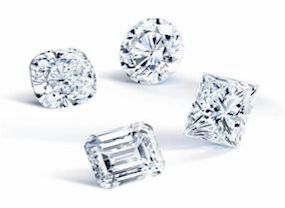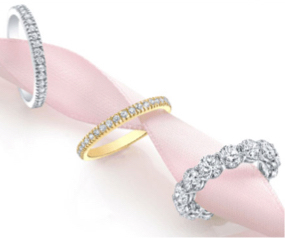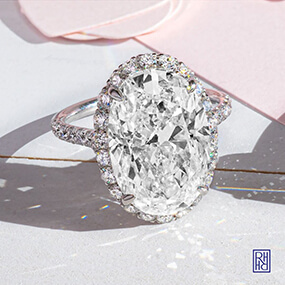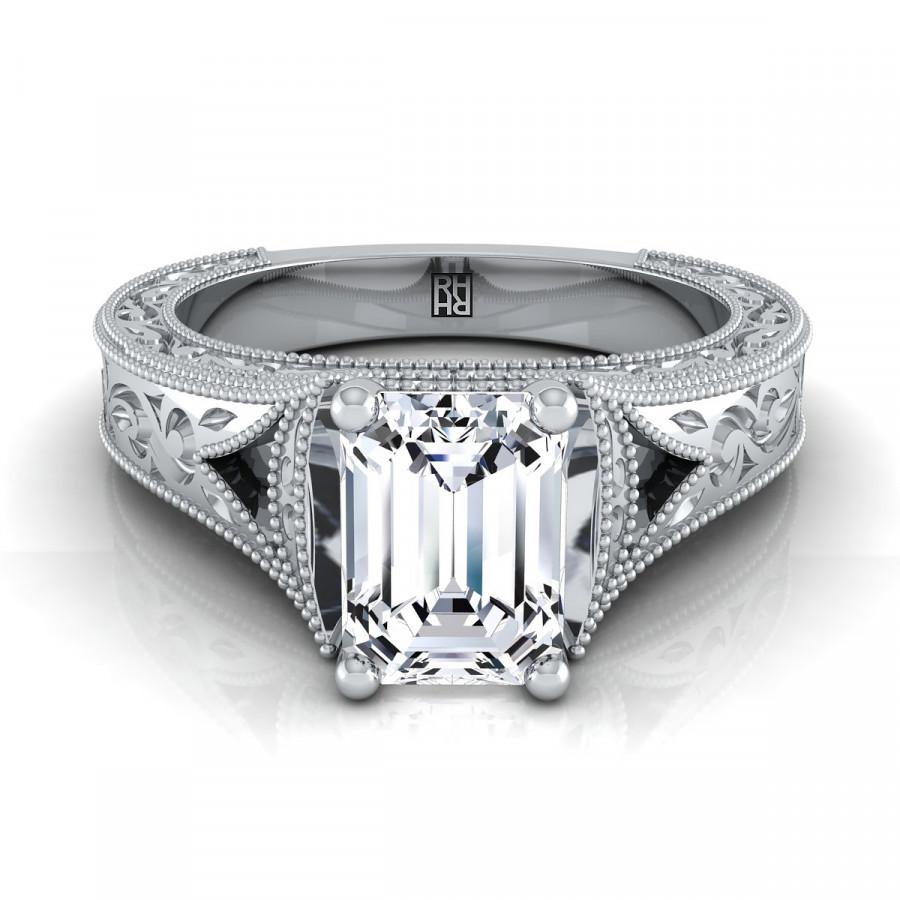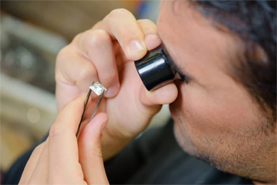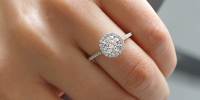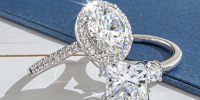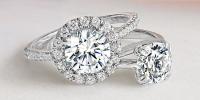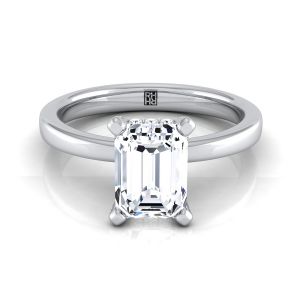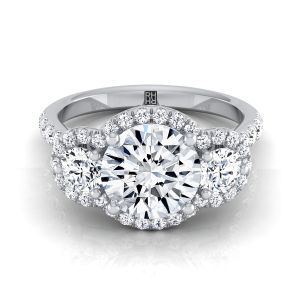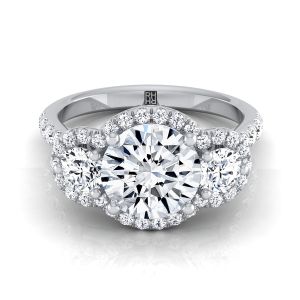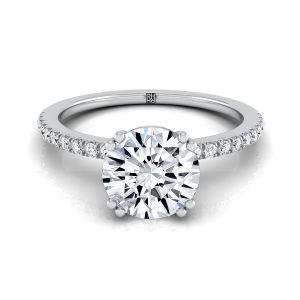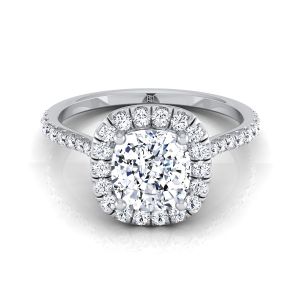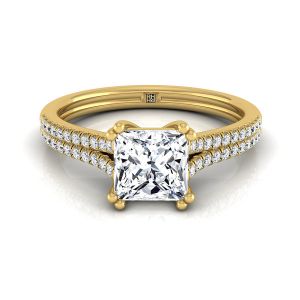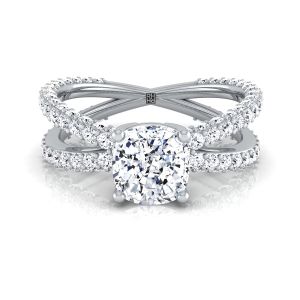
The
emerald cut resembles how emeralds look considering that the gemstone cut was actually developed for an
emerald, not a diamond.
The cut originated back in the sixteenth century when lapidaries preferred it since the decreased pressure during the gem cutting process avoids chipping in it. As emeralds are especially soft, this was an advantage for them. Yet despite the fact that it was developed for emerald gemstones, the shape caught on with diamond pretty soon and has been a popular shape for both the gemstone types ever since. The “emerald cut” name emerged in the 1920s; it was named officially that when Art Deco-styled jewelry rose to popularity.
Whether it is for diamond or emerald, the cut is basically the same in the process,

though it showcases the
gemstones in different ways. The cut for an emerald gemstone is all about highlighting its color and letting the rich, green tones shine. For a diamond, the cut is slightly more complicated. Often, an emerald cut diamond’s fire and brilliance are less prominent when compared to
brilliant-cut diamonds, but on the other hand, its broad, flat surface underlines its clarity and enhances its natural rectangular shape and growth.
 The emerald cut resembles how emeralds look considering that the gemstone cut was actually developed for an emerald, not a diamond.
The cut originated back in the sixteenth century when lapidaries preferred it since the decreased pressure during the gem cutting process avoids chipping in it. As emeralds are especially soft, this was an advantage for them. Yet despite the fact that it was developed for emerald gemstones, the shape caught on with diamond pretty soon and has been a popular shape for both the gemstone types ever since. The “emerald cut” name emerged in the 1920s; it was named officially that when Art Deco-styled jewelry rose to popularity.
Whether it is for diamond or emerald, the cut is basically the same in the process,
The emerald cut resembles how emeralds look considering that the gemstone cut was actually developed for an emerald, not a diamond.
The cut originated back in the sixteenth century when lapidaries preferred it since the decreased pressure during the gem cutting process avoids chipping in it. As emeralds are especially soft, this was an advantage for them. Yet despite the fact that it was developed for emerald gemstones, the shape caught on with diamond pretty soon and has been a popular shape for both the gemstone types ever since. The “emerald cut” name emerged in the 1920s; it was named officially that when Art Deco-styled jewelry rose to popularity.
Whether it is for diamond or emerald, the cut is basically the same in the process, though it showcases the gemstones in different ways. The cut for an emerald gemstone is all about highlighting its color and letting the rich, green tones shine. For a diamond, the cut is slightly more complicated. Often, an emerald cut diamond’s fire and brilliance are less prominent when compared to brilliant-cut diamonds, but on the other hand, its broad, flat surface underlines its clarity and enhances its natural rectangular shape and growth.
though it showcases the gemstones in different ways. The cut for an emerald gemstone is all about highlighting its color and letting the rich, green tones shine. For a diamond, the cut is slightly more complicated. Often, an emerald cut diamond’s fire and brilliance are less prominent when compared to brilliant-cut diamonds, but on the other hand, its broad, flat surface underlines its clarity and enhances its natural rectangular shape and growth.
